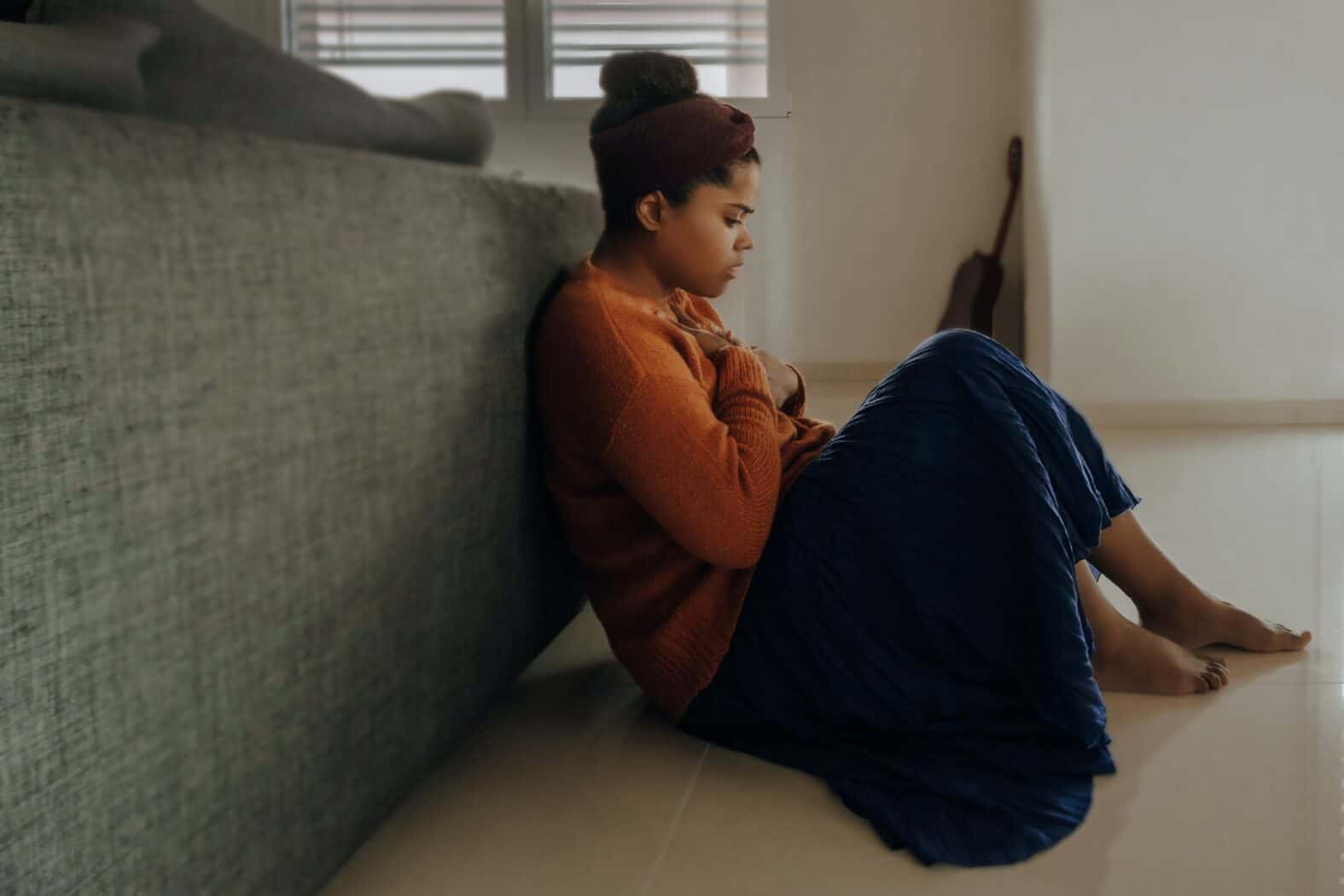
High Anxiety
By Ann Constantino,
Photo by Joice Kelly on Unsplash
The World Health Organization published a report last spring stating that since the onset of the Covid 19 pandemic, global anxiety levels have risen by as much as 25 percent.
Anxiety over contraction of the disease, as well as the possibility of being an unwitting carrier of the virus to vulnerable loved ones, tells only part of the story as now more and more evidence points to the psycho-social difficulties brought on by isolation endured through the lockdown period. Losing work or missing school, as well as being removed from social and family support networks have taken their toll on our ability to maintain a healthy perspective on the world around us.
As pandemic-induced economic downturns across the globe begin to be felt in terms of inflation and work insecurity, political instability, and the everyday mounting pressures of climate change, up the ante on our nervous systems, replacing covid worries with even more complex and disturbing uncertainty.
Locally, our own economy has taken a huge hit as the marijuana market has become glutted, causing many farms to close, putting people out of work with no sign of recovery on the horizon.
Feeling anxious yet?
Anxiety can wreak havoc on several systems in the body.
Mild occasional anxiety is a normal function of the nervous system, keeping us alert to danger, and utilizing the “fight or flight” mechanism to prepare us for actions necessary to avoid any threat to our well-being.
However, these days, it may be hard to switch out of fight or flight with so many perceived threats hurtling at us from many directions. Those social support networks and workplaces may be accessible again, but may be filled with others whose nervous systems are in overdrive from all the chaos in their own lives, as well as the world around them.
Anxiety can feel like an unwelcome intruder that we can bring under control with a rational understanding of its generally transitory nature, or it can move in permanently, wreaking havoc on several systems in the body, depleting our energy and ironically rendering us less able to cope with challenges.
Hallmarks of anxiety that has spilled over its usual boundaries and taken hold of your life range from irrational feelings of fear to more tangible symptoms such as increased heart rate, digestive upset, weakness, fatigue, excess perspiration, irritability, lack of ability to concentrate, and even suicidal ideation.
Dealing with chronic anxiety
‘Smile, breathe, walk slowly’ –Thich Nhat Hanh
There are many approaches to dealing with chronic anxiety that is preventing you from living your normal life. The methods below may be tried without medical intervention, but if you or someone you know is feeling overwhelmed, please call your medical provider for help.
Breathwork. Simple deep breathing, at a rate of approximately five seconds for the inhale, five seconds for the exhale, has been shown to bring the nervous system out of “fight or flight” and into “rest and digest” after about 5 minutes of steady practice. Another breathing technique to try is to feel locations in your body where the anxiety is manifesting. It might be in the chest or the gut or the head. It might be someplace you are injured or have some other issue going on. Visualize breathing into that area, creating space around the anxiety, and then exhale the tension away. Repeat until you feel calm.
Spend time in nature. Get away from screens, turn off your phone and go outside. Being in nature makes us feel at once small and expansive. We feel part of something much bigger than ourselves, so worries may seem less important as we gain some perspective. Our senses come alive, calling our attention out of our heads and into connecting to our natural world.
Lower or eliminate consumption of refined carbs, caffeine, and alcohol. All of these things can create the same symptoms anxiety produces, exacerbating your discomfort.
Exercise. Endorphins are the feel-good brain chemicals that are released when you work your body. Exercise can lift your mood and help you sleep better in addition to lowering anxiety levels. Extra credit if you do it outside.
Hang out with friends and family who give you a sense of belonging and security. Laughter has been shown to lower stress levels.
Listen to or play music. Studies have shown that making or listening to music lowers stress levels.
Do some volunteer work. Helping others often helps us put our own troubles in perspective.
Try visualization or guided meditation. A calming voice guiding you through a body scan or a peaceful meditation can bring you into rest and digest mode. But be careful with solo meditation as without experience or guidance it can devolve into anxiety-producing rumination.
Know when to get help. If your anxiety is preventing you from living a normal life, schedule an appointment with your provider to discuss options. Talk therapy or medication may be needed to get back on track.
It doesn’t look like the world is going to calm down any time soon, so having the tools you need to keep a healthy perspective and manage your reactions can make a big difference in your quality of life.
Ann Constantino, submitted on behalf of the SoHum Health’s Outreach department.
Related: COVID-19, Mental Health, Wellness